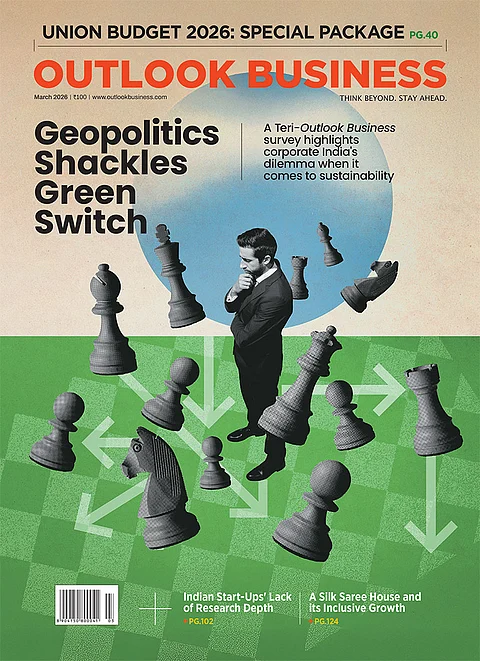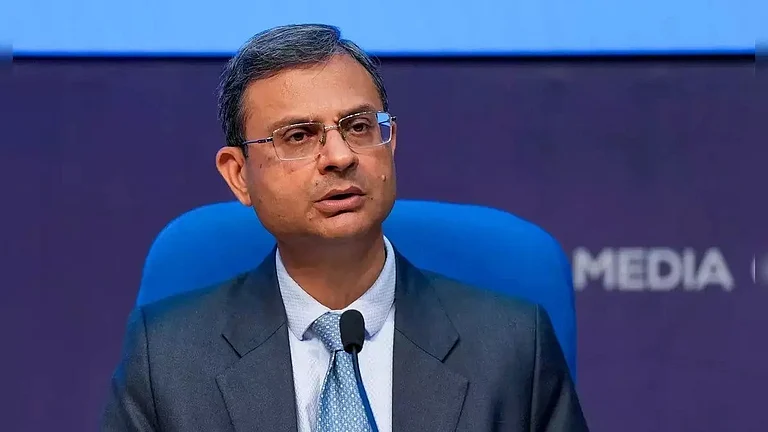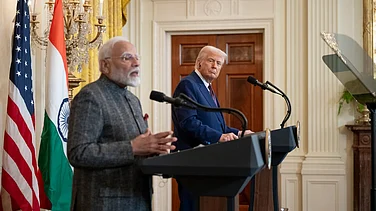Former Reserve Bank of India (RBI) governor Duvvuri Subbarao said on Thursday, May 9, that the quality of economic growth in the country should be questioned. In an exclusive interaction with Outlook Business, Subbarao said the government must work to ensure that the benefits of economic growth reach the masses.
Subbarao, who recently published his book Just A Mercenary: Notes From My Life and Career, pointed out the gap between the gross domestic product (GDP) growth rate and consumption growth. “When there is this gap, one should be asking questions about the quality of growth,” he said.
“We should not only focus on rapid pace of growth but instead also look at ensuring that the benefits of growth are widely shared. While unemployment numbers may be questioned, there is no denying the fact that there is an unemployment problem,” he said.
The comments come a day after former chief economic advisor (CEA) V Anantha Nageswaran said there is a high possibility that the growth rate of financial year 2024 may touch 8 per cent. Speaking at an event in New Delhi on May 8, he said, “The omens are good for us to continue the steady growth rate.”
Subbarao, who was the RBI governor from 2008–13, said policymakers should not focus on redistribution of wealth but instead look at creating avenues for generation of wealth. “It is not just a question of morality to resolve the inequality problem. Resolving this will help in ensuring sustainable economic growth,” he said.
“If the income of the bottom half of the country improves, production of goods and services will increase which will create more jobs and kick in a healthy virtuous cycle,” he added.
The comments come amid a raging debate across India on wealth redistribution. Prime Minister Narendra Modi recently claimed in his campaign speeches that the Congress party, if voted into power, will snatch wealth from people and redistribute the same. The Congress, in its poll manifesto, has said if it forms the government at the Centre, it will give Rs 1 lakh every year to women of the poorest families of the country.
































